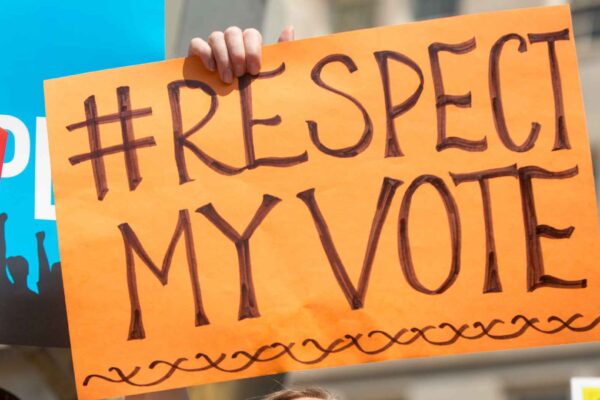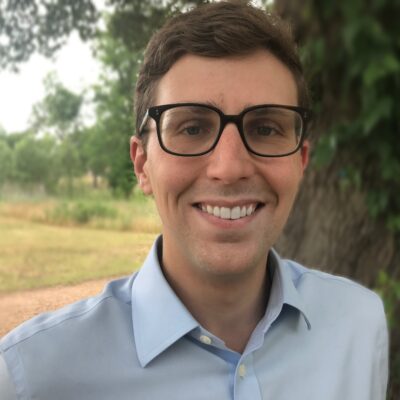Last week, the United States Census Bureau provided 50 states, the District of Columbia, and Puerto Rico with population counts to use in their drawing of new electoral district maps for Congress, state legislatures, and many parish and municipal offices—a process also known as “redistricting.”
The new census data revealed significant population shifts. For example, in Caddo and East Baton Rouge Parishes, Black people now make up greater shares of the population than in 2010 and are now the plurality. And in several parishes surrounding our metro areas, the shifts were more pronounced: Black residents’ share of the population in Bossier, Ascension, and Livingston Parishes grew between 2 and 4 percentage points. In St. Bernard Parish, that figure surged by 9.4 percentage points.
As the once-in-a-decade redistricting process begins, Louisiana’s elected officials have an obligation to account for these and other population changes. And we all have a duty to hold our representatives accountable, to ensure that fair representation for the people of our state is not sacrificed to partisan calculation and self-interest. Our next set of electoral maps must represent everyone, upholding the Fourteenth Amendment’s guarantee of equal protection and complying with the requirements of the Voting Rights Act of 1965.
Beginning next month, legislative committees will hold hearings in communities across the state to inform the map-drawing process. This is our chance to have a say in the electoral maps that will determine our political representation for the next ten years. Those maps will also determine whether our state prioritizes political self-interest or the people of Louisiana.
When district maps are drawn fairly, we are able to elect legislators who represent our values—and fire the ones who do not. But too often and in too many places, politicians have abused the redistricting process to manipulate the outcome of elections. They've rigged the maps to create districts that echo their own self-interest, instead of ones that require them to listen to a broad range of constituents. This anti-democratic phenomenon is called gerrymandering, and here in Louisiana it’s been one of the most dangerous methods of voter suppression.
Instead of drawing fair maps, politicians have sliced and diced Louisiana communities so that they can pick and choose who they represent. But voters should choose their politicians—not the other way around.
And if our district maps don’t fairly represent the people, our state’s priorities won’t either. Our leaders’ actions this year will affect our day-to-day lives for the next ten years. The drawing of district lines can dictate not only who runs for public office and who is elected, but also how financial resources are allocated for schools, hospitals, roads, and more. Louisiana’s elected representatives make decisions that significantly impact the communities they represent, from criminal law reform to voting rights to civil rights for all.
This is why redistricting is so critical to our future. Improper redistricting can result in unequal representation in our voting districts, the dilution of the full voting power of minority voters, and fractured communities. Black people, in particular, have faced numerous obstacles to meaningful participation in the political process, including the redistricting process. Legislators have used redistricting throughout history to attack the right to vote and weaken the voting power of certain communities. We need leadership in Louisiana to step up and ensure that all voters are fairly represented, regardless of their race or for whom they vote.
As the redistricting process kicks off, the ACLU of Louisiana will be watching to ensure our representatives prioritize the people of this state, not politics, and heed the fundamental principles of democracy, representation, and equality.



